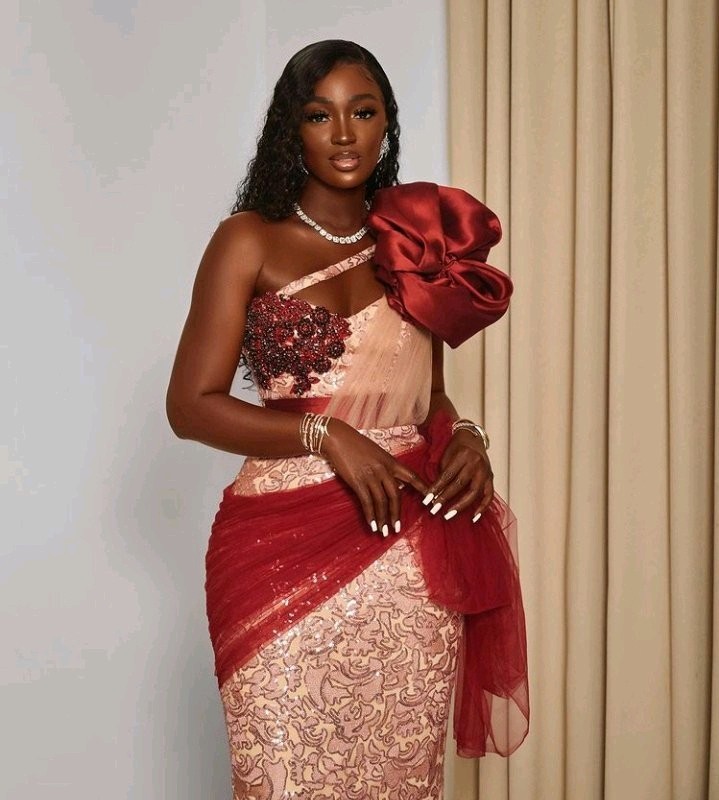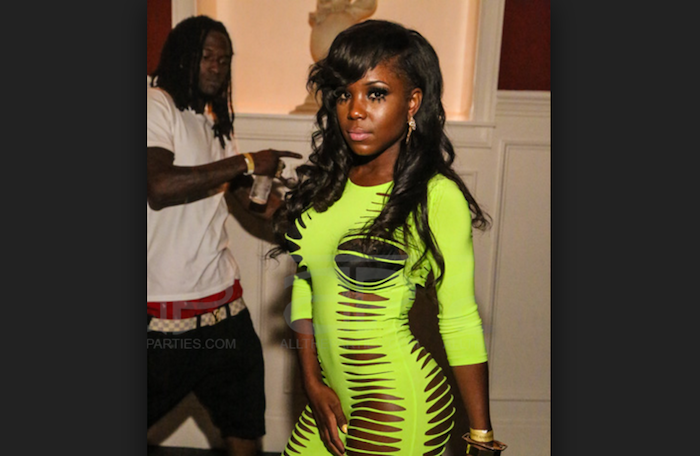Nigeria, a vibrant and culturally rich nation, has emerged as a major player in the global fashion scene. Its unique blend of traditional aesthetics, modern influences, and innovative designs has captured the attention of international fashion enthusiasts.
This blog post explores the significant impact of Nigerian fashion on global trends, showcasing how its rich cultural heritage and creative spirit have shaped the contemporary fashion landscape.
Nigerian Fashion: Combination Tradition and Modernity
Nigerian fashion is a fascinating tapestry that seamlessly weaves together traditional elements with contemporary designs. The country’s diverse ethnic groups, each with its own distinct style and cultural heritage, contribute to the richness of Nigerian fashion. From the vibrant Ankara prints to the intricate beadwork of the Yoruba people, Nigerian fashion offers a kaleidoscope of colors, patterns, and textures.
One of the most iconic elements of Nigerian fashion is the Ankara print, a colorful and versatile fabric that has gained global recognition. Ankara prints are often used to create a variety of garments, including dresses, skirts, tops, and accessories. Nigerian designers have skillfully incorporated Ankara prints into modern designs, creating contemporary and stylish pieces that appeal to a global audience.
The Rise of Nigerian Designers
In recent years, Nigerian designers have made significant strides in the international fashion scene. They have showcased their collections at prestigious fashion weeks around the world, including London, Paris, and Milan. These designers have gained recognition for their innovative designs, impeccable craftsmanship, and unique aesthetic.
Some of the most prominent Nigerian designers who have made a global impact include:
1. Lisa Folawiyo
Known for her bold and colorful designs, Lisa Folawiyo has become a household name in the Nigerian fashion industry. Her use of Ankara prints and intricate beadwork has earned her international acclaim.

2. Tolu Bally
Tolu Bally is renowned for her elegant and sophisticated designs. Her collections often feature clean lines, luxurious fabrics, and timeless silhouettes.
3. Lanre Da Silva Ajayi
Lanre Da Silva Ajayi is a master of traditional Nigerian textiles. Her designs often incorporate intricate handwoven fabrics like aso oke and adire, creating stunning and culturally significant pieces.
These designers, along with many others, have played a crucial role in elevating Nigerian fashion to the global stage. They have not only showcased the beauty and diversity of Nigerian culture but have also inspired designers worldwide.
The Impact of Nigerian Fashion on Global Trends
Nigerian fashion has had a profound impact on global trends in several ways:
- Color and pattern: Nigerian fashion is characterized by its bold and vibrant use of color. The rich and diverse palette of Nigerian textiles has influenced global fashion trends, inspiring designers to incorporate more color and pattern into their collections.
- Textiles and craftsmanship: The intricate and skillful craftsmanship of Nigerian textiles has caught the attention of international fashion houses. Designers have drawn inspiration from traditional Nigerian weaving techniques, embroidery, and beadwork to create unique and luxurious garments.
- Cultural fusion: Nigerian designers often blend traditional elements with contemporary influences, creating a unique fusion of styles. This approach has inspired other designers to experiment with cultural fusion and to draw inspiration from diverse cultural traditions.
- Inclusivity and diversity: Nigerian fashion celebrates diversity and inclusivity. Designers often feature models of different sizes, shapes, and skin tones, promoting a more inclusive and diverse representation of beauty in the fashion industry.
Specific examples of Nigerian fashion trends influencing global fashion
- Ankara prints: The vibrant and versatile Ankara prints have become a global fashion phenomenon. They have been incorporated into various designs, from high-end fashion to streetwear, by designers around the world.
- Dashiki: The dashiki, a traditional African garment, has gained popularity in recent years, particularly among young people. It has been adapted into modern designs, including dresses, tops, and accessories.
- Gele headwrap: The gele headwrap, a stylish and versatile accessory, has become a global trend. It has been worn by celebrities and fashion influencers worldwide, adding a touch of African flair to their outfits.
The Future of Nigerian Fashion
The future of Nigerian fashion looks bright. With a growing number of talented designers, a thriving fashion industry, and a strong cultural identity, Nigeria is poised to continue its influence on global trends. As Nigerian designers continue to innovate and push boundaries, they will undoubtedly shape the future of fashion.
Conclusion
Nigerian fashion has emerged as a powerful force in the global fashion scene. Its rich cultural heritage, vibrant colors, and innovative designs have captured the attention of the world. By celebrating tradition, embracing modernity, and promoting diversity, Nigerian fashion has made a significant impact on global trends. As Nigerian designers continue to showcase their talent and creativity, the influence of Nigerian fashion is only set to grow.




































Discussion about this post